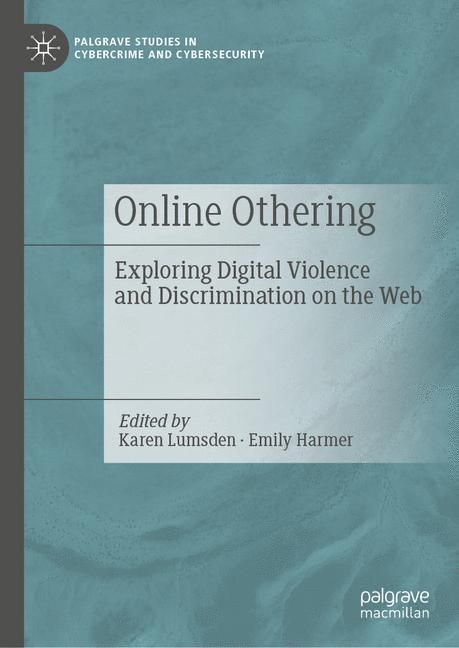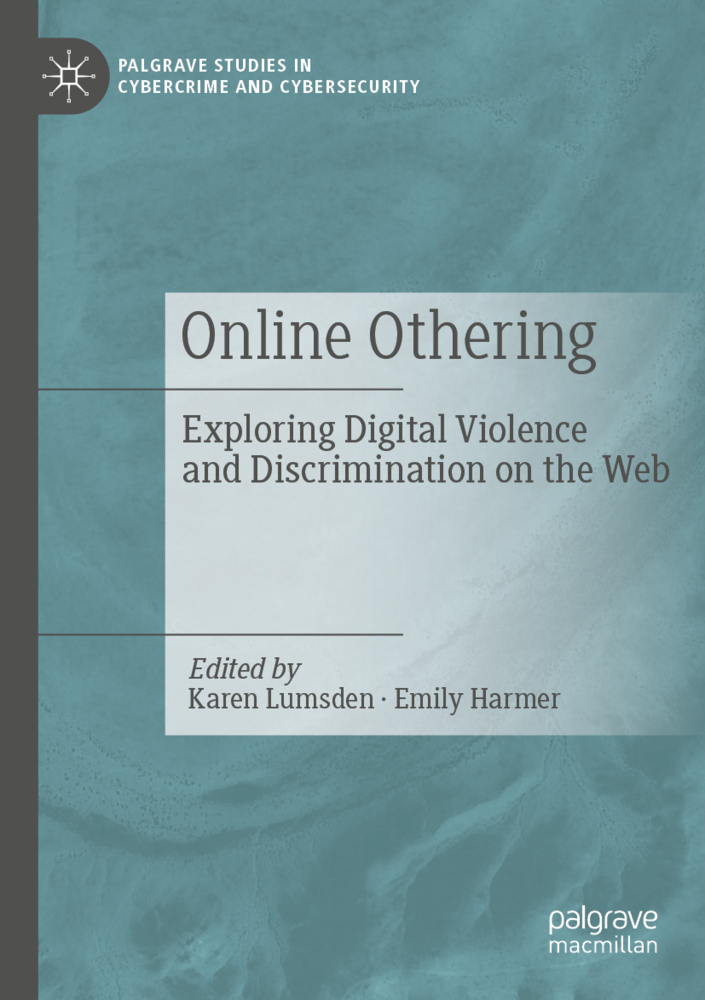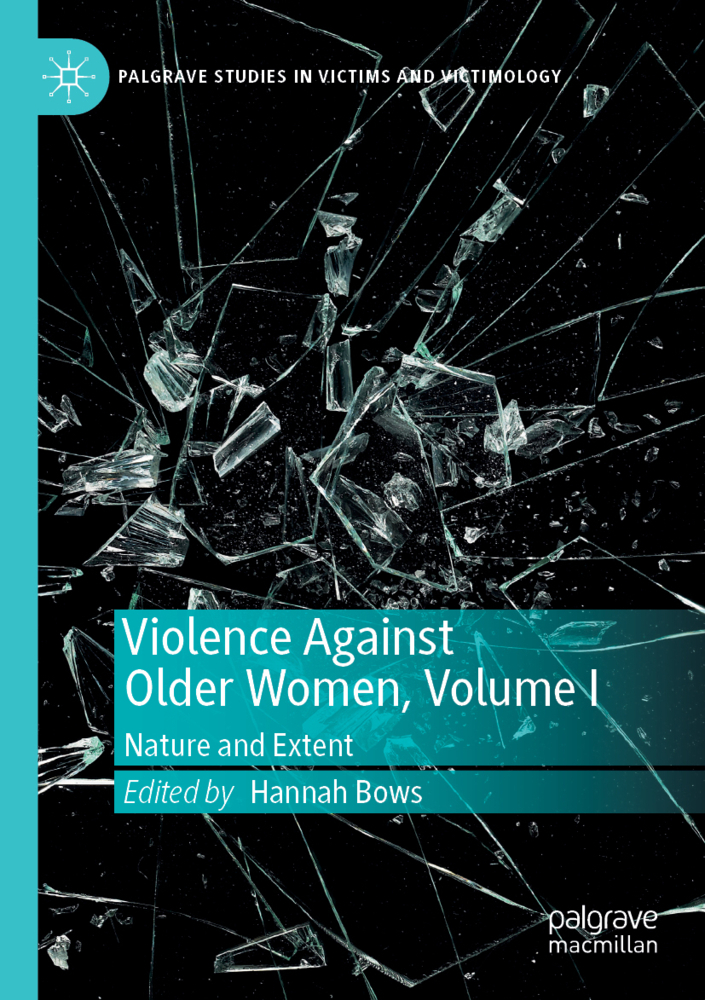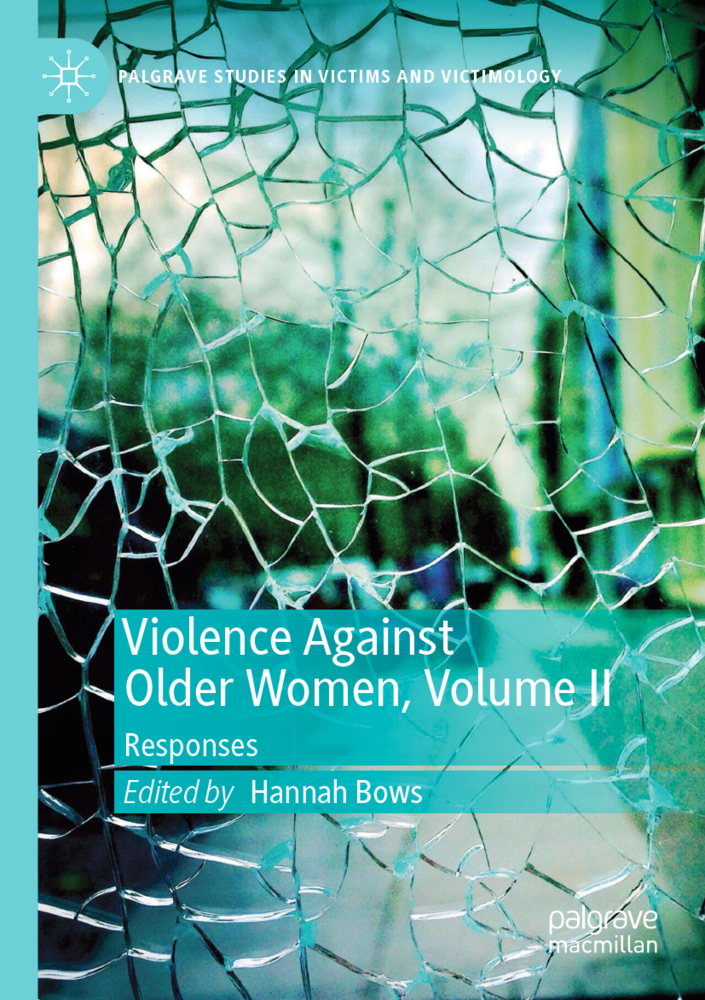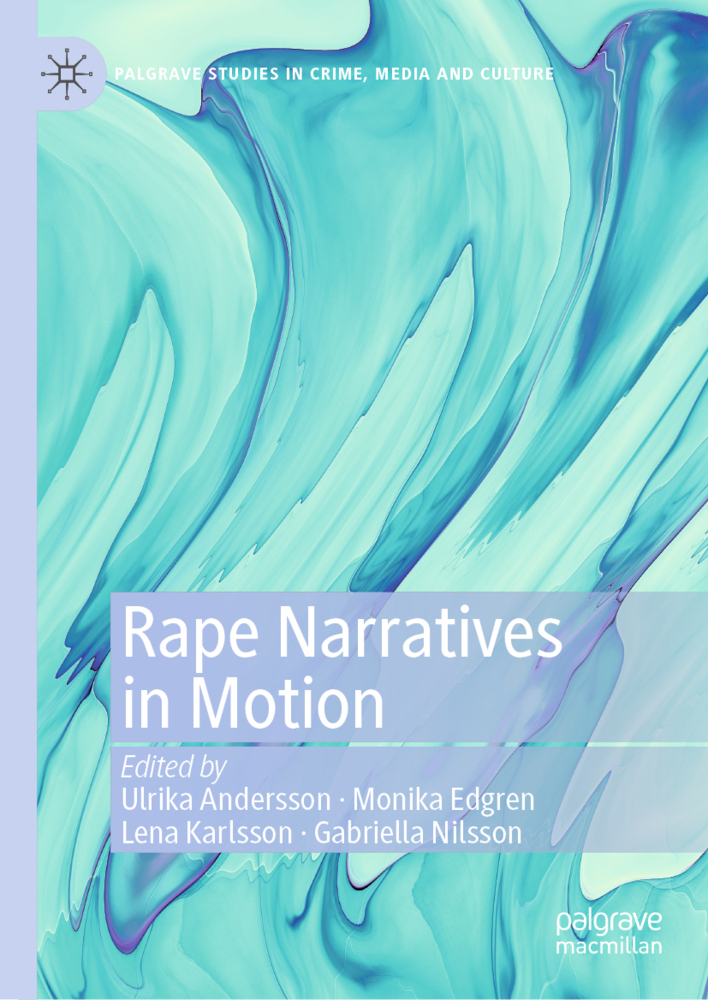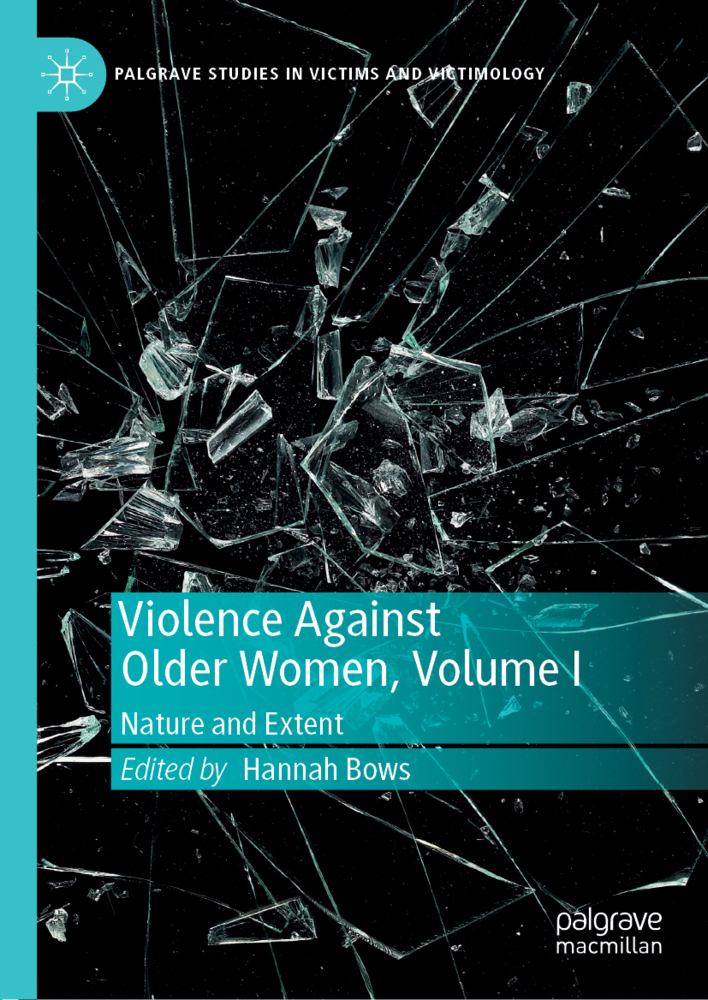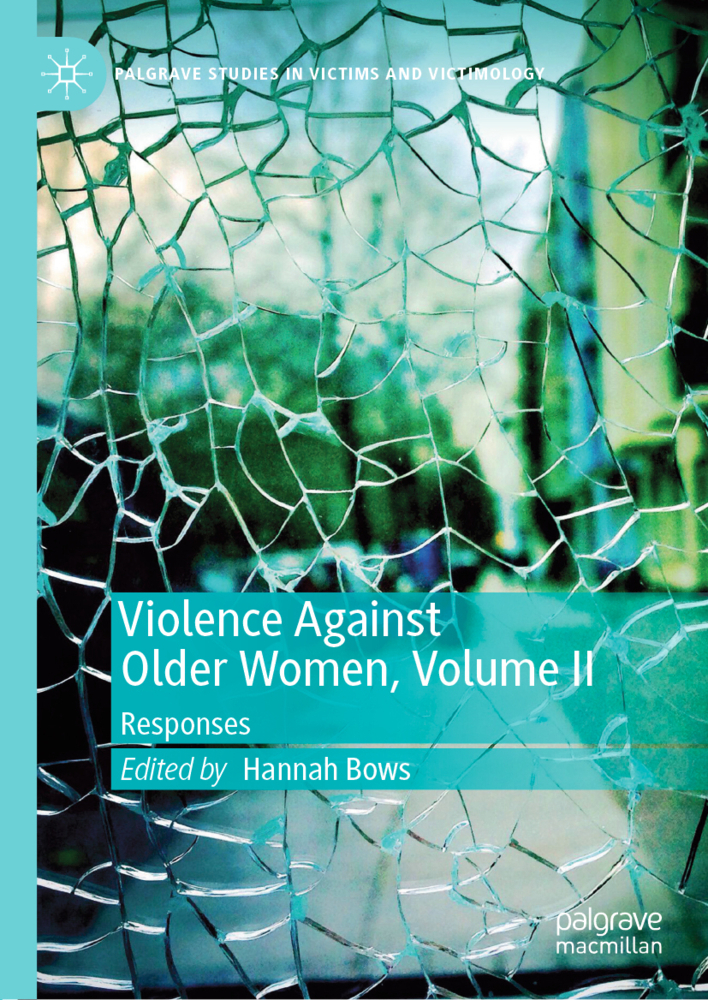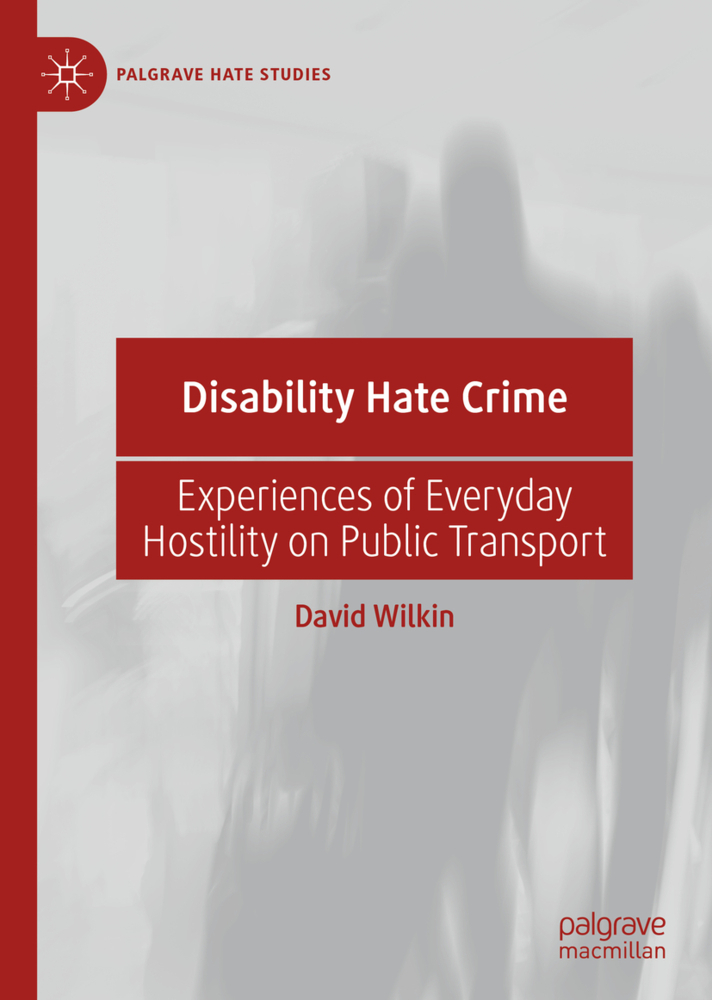Online Othering
This book explores the discrimination encountered and propagated by individuals in online environments. The editors develop the concept of 'online othering' as a tool through which to analyse and make sense of the myriad toxic and harmful behaviours which are being created through, or perpetuated via, the use of communication-technologies such as the internet, social media, and 'the internet of things'. The book problematises the dichotomy assumed between real and virtual spaces by exploring the construction of online abuse, victims' experiences, resistance to online othering, and the policing of interpersonal cyber-crime. The relationship between various socio-political institutions and experiences of online hate speech are also explored.
Online Othering explores the extent to which forms of information-technologies facilitate, exacerbate, and/or promote the enactment of traditional offline offences (such as domestic abuse and stalking). It focuses on the construction and perpetration of online abuse through examples such as the far-right, the alt-right and Men's Rights Activists. It also explores experiences of, and resistance to, online abuse via examples such as victims' experiences of revenge porn, online abuse and misogyny, transphobia, disability hate crime, and the ways in which online othering is intersectional. Finally, the collection addresses the role of the police and other agencies in terms of their interventions, and the regulation and governance of virtual space(s). Contributions to the volume come from fields including sociology; communication and media studies; psychology; criminology; political studies; information science and gender studies. Online Othering is one of the very first collections to explore a multitude of abuses and their relationship to information and communication technology.
Dr Karen Lumsden is a sociologist, qualitative researcher, trainer, author and consultant. She is the author of over 40 publications including the books: Reflexivity: Theory Method and Practice, Reflexivity in Criminological Research, and Boy Racer Culture: Youth, Masculinity and Deviance. She has a PhD in Sociology from the University of Aberdeen and has held academic positions at Loughborough University, the University of Aberdeen, the University of Abertay Dundee and the University of Leicester. Her research interests and work focuses on policing, victims, online abuse, critiques of the neoliberal academy, and qualitative methods including reflexivity, ethnography and narrative inquiry.
Emily Harmer is Lecturer in Media at the Department of Communication and Media, University of Liverpool, UK. Her research analyses the relationship between media and politics, with specific interest in gendered political communication. She has published in a range of journals including Media, Culture and Society and Feminist Media Studies.
| ISBN | 9783030126339 |
|---|---|
| Artikelnummer | 9783030126339 |
| Medientyp | E-Book - PDF |
| Copyrightjahr | 2019 |
| Verlag | Palgrave Macmillan |
| Umfang | 407 Seiten |
| Sprache | Englisch |
| Kopierschutz | Digitales Wasserzeichen |

